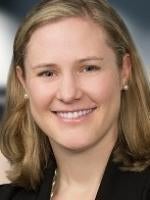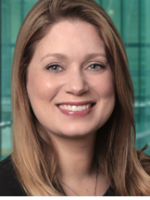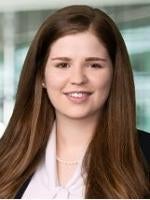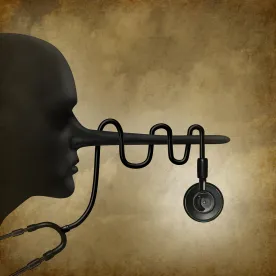On March 28, 2023, the United States Court of Appeals for the Sixth Circuit issued its opinion in United States ex rel. Martin v. Hathaway, holding that plaintiffs in False Claims Act (FCA) cases alleging a violation of the Anti-Kickback Statute (AKS) must establish that the false claim would not have occurred "but for" the illegal kickbacks. Circuit decisions have been split regarding what kind of causal connection plaintiffs must establish between the kickbacks and claims submitted to the government. Some decisions side with plaintiffs and favor a more relaxed causation requirement, while others require but-for causation, which favors defendants. This latest Sixth Circuit opinion deepens the circuit split for healthcare defendants.
The FCA imposes civil liability for knowingly presenting, or causing to be presented, a false or fraudulent claim to the government for payment or approval. The AKS prohibits medical providers from making referrals for remuneration. Remuneration is not statutorily defined, but courts have generally found it can include cash in direct payments or excessive compensation for other services or anything else of value, such as free rent, expensive trips and meals and other gifts provided in exchange for patient referrals. The Patient Protection and Affordable Care Act amended the AKS to state that a billing or claim "resulting from" a violation of the Statute constitutes a false or fraudulent claim under the FCA. However, this amendment did not clarify when a claim "resulted from" a violation of the AKS. In 2018, the Third Circuit held that while there must be "some connection" between a kickback and a subsequent reimbursement claim to prove a false claim resulted from a kickback, the government and whistleblowers did not need to establish direct causation. The basis for the decision was the legislative intent of the amendment, which sought to clarify or expand enforcement. The court warned that healthcare fraud is relatively difficult to prove and that a different conclusion would hamper FCA enforcement cases based on the AKS.
In 2022, the Eighth Circuit considered the issue in Cairns v. D.S. Medical and decided to instead look at the "plain language" of the AKS. The court held that the "resulting from" language unambiguously requires plaintiffs to establish "but for" causation. The Sixth Circuit’s opinion in Hathaway agreed with this reasoning. It upheld the dismissal of a whistleblower case for a failure to allege that defendants would not have made the same claim but for a plausible kickback scheme. The opinion stated that the problem for the whistleblowers was that "the alleged scheme did not change anything" —i.e., defendants would have made the same claims regardless of any alleged illegal kickbacks.
The Sixth Circuit also addressed remuneration and whether the AKS covered only payments and other transfers of value or any act that may be valuable to another. The whistleblowers, Dr. Shannon Martin, an ophthalmologist, and her husband, alleged the hospital refused to hire Dr. Martin because another local eye doctor, Dr. Hathaway, promised to send referrals to the hospital if they did not hire their ophthalmology physicians. Based on the historical definition and treatment of the word remuneration, the court found that the AKS only applied to payments and other transfers of value. Based on that determination, the court considered that the hospital’s decision not to hire someone did not constitute payment to Dr. Hathaway. The hospital offered nothing to him, so the complaint provided no cognizable theory of remuneration.
Overall, the court asserted that "reading causation too loosely or remuneration too broadly" could cause a significant portion of the day-to-day practice of medicine to fall under the AKS and that a faithful interpretation would still allow targeting genuine corruption.
Based on the Sixth Circuit’s opinion and the Circuit split, the whistleblowers, in this case, may seek to file a petition to the Supreme Court for review.






 />i
/>i
